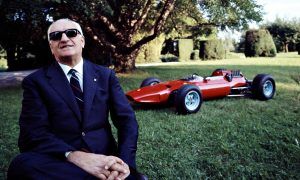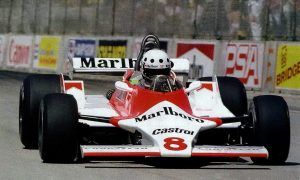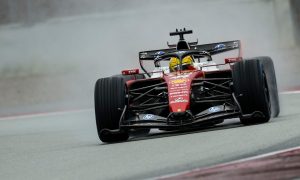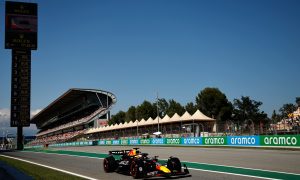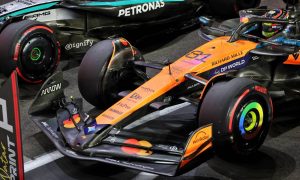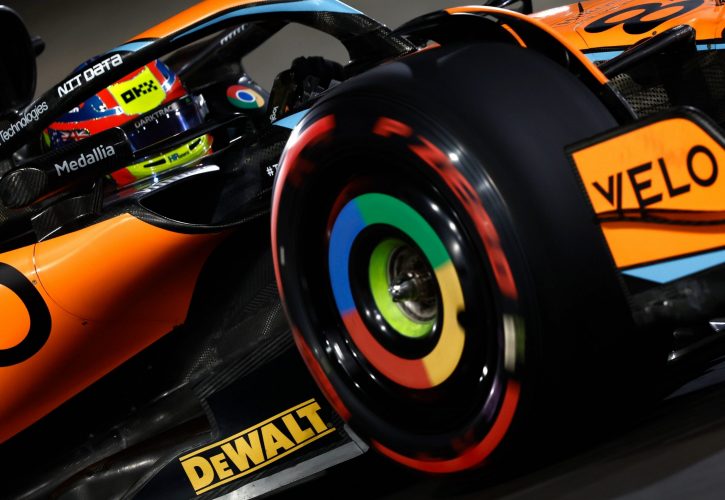
Pirelli motorsport boss Mario Isola believes that better communication in the future between circuit owners and the sport’s various stakeholders will help prevent the tyre issues endured by F1 in Qatar.
Pirelli’s routine analysis of its compounds after Friday’s opening day of running at Lusail revealed lacerations on the sidewall of certain tyres between the topping compound and the carcass cords.
It was quickly established that the damage was caused by the high-frequency interference between the tyre sidewall and the 50mm raised pyramid-shaped outer edge of the track’s kerbs, which were recently built into the circuit.
After consulting with Pirelli, the FIA introduced safety measures that included a revision of track limits at Turn 12 and 13 as well as a mandated tyre life of 18 laps for Sunday’s race.
Read also:
Isola suggested that more needs to be done in the future to improve the communication between all concerned parties when crucial changes are implemented at a track.
“We need to improve the communication, to have a system where, when there are changes to the circuit, there is an involvement of different stakeholders in order to understand if there is an impact on any of them,” Isola told Autosport.
“I’m not just talking about Pirelli and F1, because when you design a circuit, obviously, you plan to run different categories like F1, and MotoGP, for example.
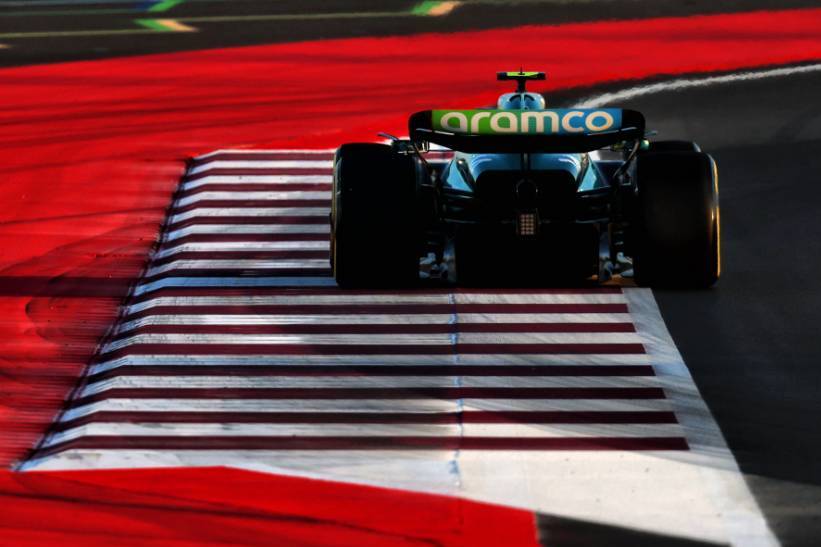
“So why not involve also the motorcycle federation, or Michelin, or maybe a couple of tyre manufacturers, and the people that are designing the track?
“We need to improve the communication in order to anticipate the issues.
“Obviously we had an issue two years ago that was quite similar. And after that, we provided the reports.
“But we learned quite late about these kerbs here, and obviously it was too late to take action.”
Isola added that Pirelli will take its tyres back to its headquarters in Milan for a more in-depth forensic investigation of its product.
“We prefer to send them back to Italy and to make a proper analysis,” he explained.
“What we can do now here [at the track] is something not very accurate, because we don’t have the time, and we have to dismount the fitting area and everything.
“That’s why it’s better to take the right time to run the analysis.”
Keep up to date with all the F1 news via Facebook and Twitter



